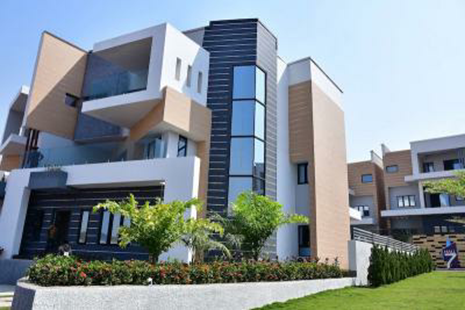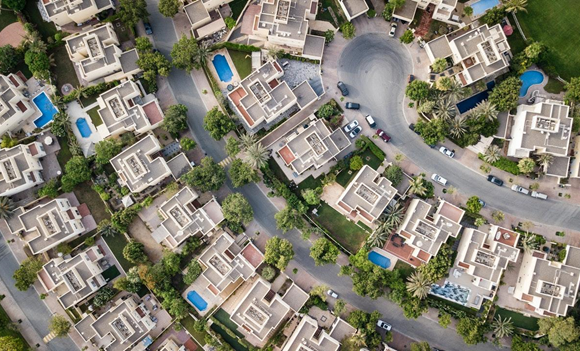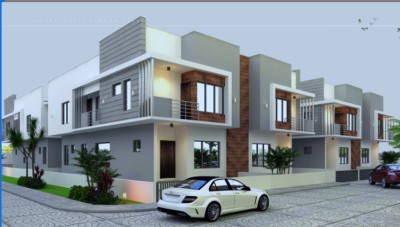Real estate investment is one of the major ways that investors can create a steady income stream in Nigeria. Throughout history, investment in Real estate has produced more wealth to investors than any other sector. However, a lot of people are still doubtful about investing in the business of real estate. They believe investing in real estate requires huge capital.
When it comes to generating income through investment in real estate, there are a few proven strategies that work. With our years of valuable experience in the real estate industry at Oakwood Heights Limited, discussed in this article are proven strategies to generate income by investing in Nigeria’s real estate, especially in fast-developing areas like Lagos and Abuja.
Below are four (4) profitable strategies for generating income through investment in Nigeria’s real estate industry.
1. Rise in Value of property
Real estate is all about value. Landed properties increase in value over time, and you can take advantage of this. This is how the rich multiply their wealth over time because it is of no value leaving your money in the bank. Compare the 5% annual interest rate on your savings account with 40% net value in real estate when you partner with an experienced property development company in Oakwood Heights Limited. For instance, in 2017, a plot of land in Westwood Park in Sangotedo Lagos State was sold for N8.5m. Two years later in 2020 before the pandemic, it was sold for at least N17m. An over 100% increase in value within two years.
2. Long-term Residential Rentals
People will always need a place to live. Despite efforts by stakeholders in the housing sub-sector, housing provision continues to remain a major challenge in Nigeria. One of the most common ways of generating income in real estate is to take advantage of long-term buy-and-hold residential rentals. It involves buying a property and then holding the property for a long term and collecting rent. Location is everything when it comes to real estate. Oakwood Heights Limited can help you get the right property in the right location for you to invest and make money.
3. Rental apartments
This model is designed to convert major buildings into rentable one and two bed studio apartments. This conversion allows for short-term rentals which can be a lucrative means of generating income in the real estate marketplace. This helps you build a substantial income stream in a high-trafficked tourist area like Lagos and Abuja.
4. Flipping a renovated property
Flipping refers to the practice of buying a property and quickly marketing it for a profit, especially after renovations and upgrades are done. From experience, you should go after those properties that are becoming unattractive in the finest neighborhoods. That’s where the real value is. Generating income on a flipped property that is renovated can be pretty straightforward, provided you understand the fundamental costs and potential value.
Conclusion
Real estate remains the asset of choice when it comes to investment. We hope some of these tips can help you make extra income from your real estate investment.
For inquiries, please reach out to us on 07047214004 or send us a mail at info@oakwoodheights.com.ng





